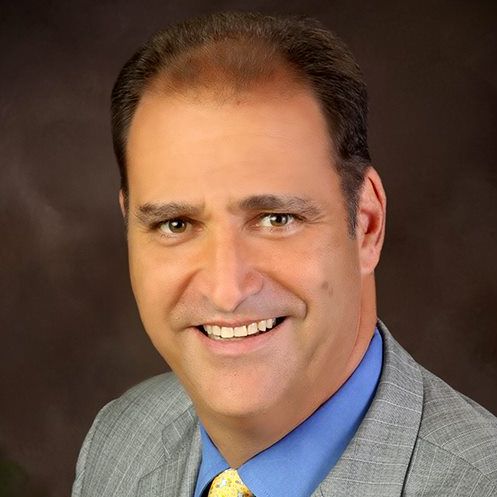The Closer You Are to Heaven, the Closer You Get to Summit

"Everybody wants to go to heaven, but not everyone wants to do what is necessary to get there."
So says Jordan Glatt, the former mayor of Summit.
Heaven, of course, means different things to different people.
To Glatt and his colleague, Nic Platt of Harding, one way to bring heaven to earth would be to eliminate not necessarily sin itself, but New Jersey's traditional embrace of home rule.
It is home rule that has given New Jersey 565 municipalities and almost 600 school districts, all of which are supported primarily through property taxes. So, it's hardly a mystery why property taxes in the state are so high.
Just about every governor in recent memory has talked about cutting property taxes by merging towns and school districts, or at the very least, having governing bodies and school boards share services. Why, for instance, must a municipal snow plow stop at the town line when one road passes through five or six municipalities in relatively short order?
Phil Murphy arrived in Trenton saying what many have said before about shared services, adding that he wanted a "shared services' czar."
Actually, he's done better than that - he named two czars.
Jordan Glatt is a Democrat; Nic Platt is a Republican. This is quite obviously a bipartisan problem.
Both Glatt and Platt have had some experience using their mayoral positions to reduce the size of government.
Glatt says that he engineered creation of an emergency dispatch system among Summit, New Providence and Berkeley Heights. While this seems like a no-brainer, regional dispatch systems occasionally are opposed by those who think an out-of-town police dispatcher wouldn't know the streets in another municipality. It's as if the critics don't know maps exist.
While mayor of Harding, Platt was instrumental in devising a regional municipal court system involving four other towns.
Those promoting shared services in the state are not reinventing the wheel.
Books have been written about the topic, some of which sat on a table as Glatt and Platt talked about their mission Monday morning in Harding.
One work is entitled, New Jersey Politics and Government by Barbara and Stephen Salmore.
Another book is New Jersey's Multiple Municipal Madness by Alan Karcher, a former Assembly Speaker. Karcher's book was written 20 years ago, but Platt says not much has changed.
For example, he said there are still 177 towns in the state that are less than two-square miles. Small towns may be nice, but keep in mind that in many cases, these towns have police chiefs, school superintendents and other administrators earning much more than $100,000 a year.
There have been some success stories over the years, most recently the merging of Princeton and Princeton Township. And on a smaller scale, Chester Borough and Chester Township have merged police departments.
When Murphy named Glatt and Platt earlier this month, the governor's office said shared service agreements have saved $28 million since 2011.
That could be, but we also continue to see reasonable plans to merge services blocked. Not too long ago, Mendham Borough and Mendham Township, which are demographically similar, were unable to merge police departments.
Also in Morris County a few years ago, Art Ondish, the late mayor of Mount Arlington, proposed saving money by doing away with the borough's small police force and contracting for service from a larger municipality. The idea was universally opposed and went nowhere.
Opposition against sharing services generally comes from two fronts.
One is from officials too impressed with their local fiefdoms. Keep in mind that those most devoted to home rule are usually the ones doing the ruling.
Glatt and Platt say they have begun talking to mayors and that as of now, no one says sharing services is a bad idea.
They plan - purposely - to start small.
"We're not interested in mine field hop-scotch," Platt said,
He explained that the initial targets for sharing municipal services will be such things as libraries, and human resource and IT departments. These should not be all that controversial.
But then one must confront police departments and school districts.
Glatt said it would be best to "back-into" that as well. By that, he meant, for example, creating partnerships in which school districts and municipalities begin working together by jointly maintaining ballfields.
A lot of this has to do with trust, or as Glatt said, getting through the "wall of resistance."
It's not only municipal officials who need convincing.
Many residents oppose merging services out of fear the proverbial "home town touch" will evaporate. For some, a police car or a DPW truck sporting the municipal seal is a comforting thing.
Home town affection aside, Glatt and Platt hope officials and residents will see that sharing services and consolidations will not only work, but save money.
"That is a huge incentive," Glatt said.
At least it should be.
The men are just beginning the process of talking and listening to mayors, lawmakers and academics.
Regional public meetings probably are down the road.
Platt said the assignment likely will last all four years of Murphy's first term.
Heaven apparently can wait.





